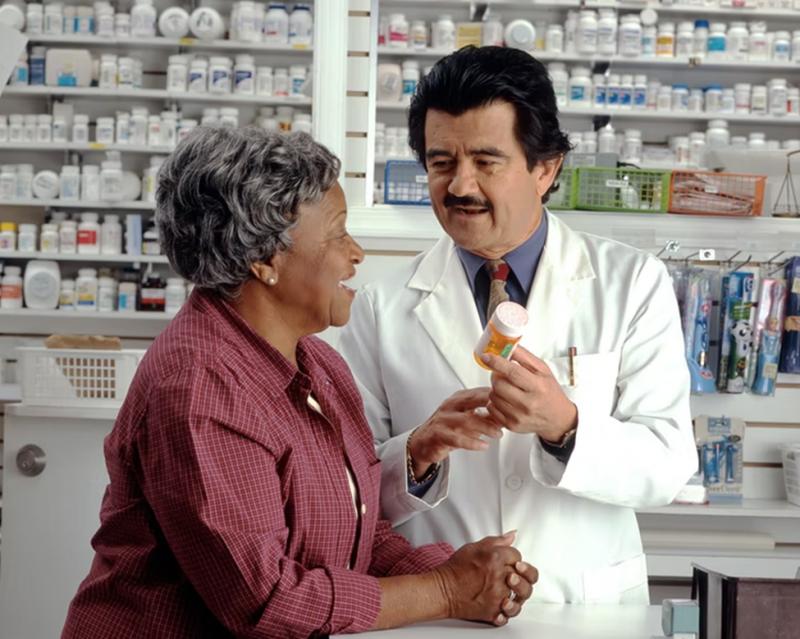The Role of Senior Care Pharmacists in Helping Elderly Patients

Image Source: Unsplash
With the rising number of American adults taking prescription drugs, most seniors receive prescriptions from multiple doctors, posing serious oversight issues. With that, the majority fail to adhere to prescribing instructions, while some take several prescriptions, better known as polypharmacy. Visiting a certified senior care pharmacist can help them get the best medication therapy alongside person-centered care. In this article, we dive deeper into the role of these senior care pharmacists in improving the health of elderly patients.
Monitor Prescriptions and Medication Use
Senior care pharmacists play a vital role in prescription and medication therapy and work tirelessly to improve the health and life of aging patients. They have specialized knowledge in handling medications as they can identify possible drug interactions before administering new prescriptions.
For instance, if you visit different doctors or specialists, one may prescribe you a drug that can interact with the medications you received from another doctor. A qualified pharmacist can check for that and advise on the best cause of action.
These pharmacists educate older adults on how to take different medications, especially with things like complicated patches, inhalers, drops, and injectables. That’s probably why these kinds of pharmacy jobs are always in high demand.
Educate Patients and Their Families About Medications
On average, seniors with over 65 years of age take about 14 to 18 multiple prescription medications annually. The pharmacists help these patients and their families know what each drug cures, possible side effects to look out for, and which steps to take when they occur.
They also create open lines of communication between patients and doctors, which helps the patients to manage multiple prescriptions, lowering medication non-adherence. The pharmacists teach them how to use valuable tools, such as drug dispensing devices, drug calendar reminders, and pill crushers, to help them save time when preparing their medications.
Provide Tailored Care
Senior care pharmacists provide person-centered care to all aging patients in need of it. It includes printing materials or medication instructions in various native languages to enable the patient to read and understand easily. They also create drug labels in a language well-known to the patient.
Other than that, these pharmacists supply medications to elderly patients in ways that make it easy for them to access and take the drugs. For example, they may offer pills without rappers or drugs in easy-to-open bottles.
Carefully Reviews Your Entire Medication Regimen
The senior care pharmacists review prescriptions, dietary supplements, OTC, and other herbal remedies to determine if they are safe and necessary for the patient, dosed correctly, and affordable. It comes in handy when dealing with over-the-counter medications that may interact with your prescriptions, making them less effective.
Improves Therapeutic Outcomes
These pharmacists boost medication adherence, which helps lower medication-related problems while improving therapeutic outcomes. Through care medication regimen review, they reduce the risks associated with taking inappropriate medications, discontinue unnecessary medications, and recommend more suitable choices to stay healthy.
The pharmacists identify and recommend treatment for any undertreated or untreated health concerns while considering food, drug, or disease interactions and potential side effects.
While senior care pharmacists can offer services to patients of all ages, their specialized training and knowledge is on geriatric pharmacotherapy and other medication-related needs for aging adults. The medical experts work tirelessly to manage your medications, improve therapeutic outcomes, and ensure you lead a healthy life.
More to Read:
Previous Posts:
Next Posts:




